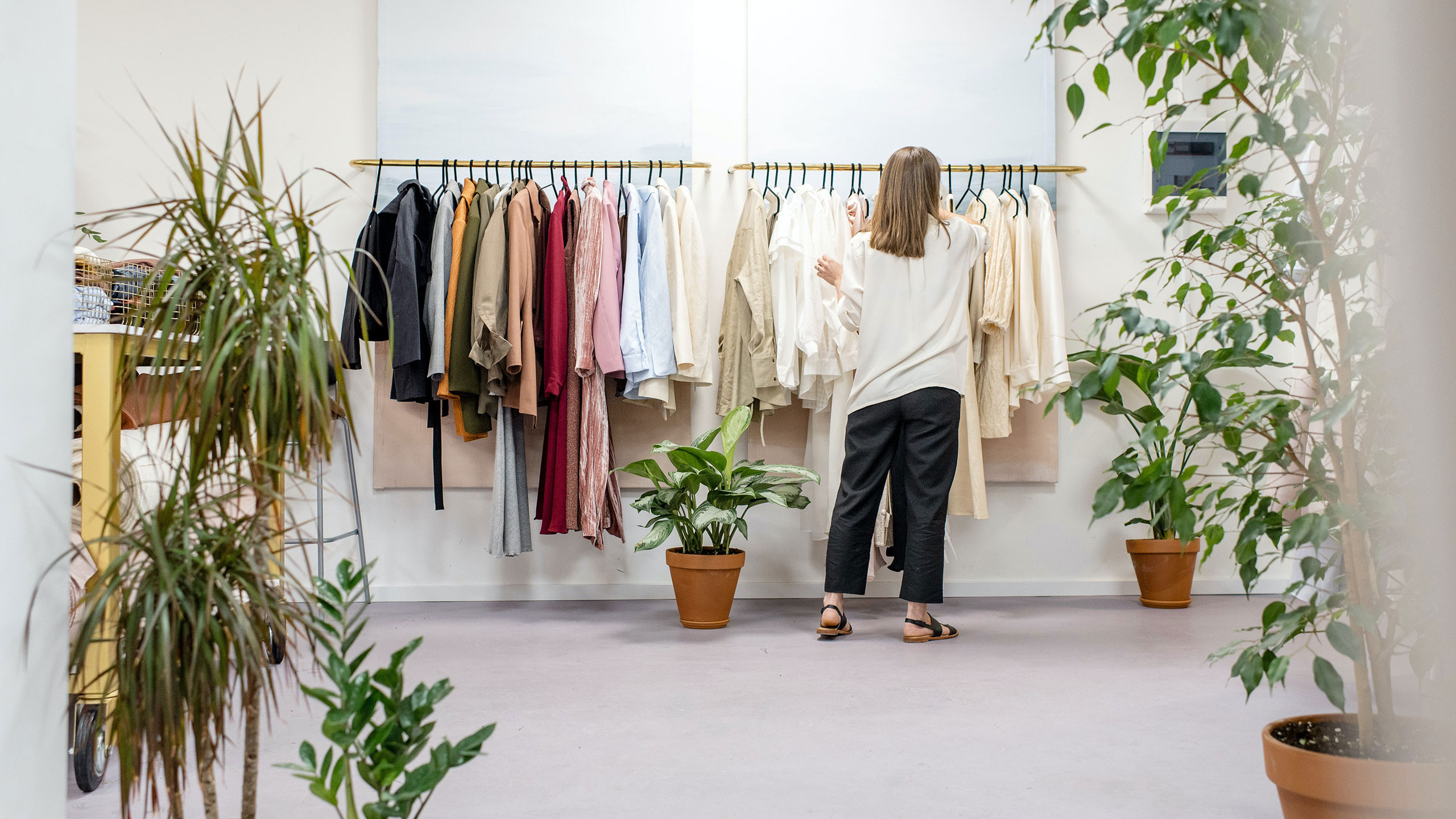
Consumption in times of crisis: Ethical consumer behaviour has become an increasingly important item on the agenda in Germany during the coronavirus pandemic – despite the growing uncertainty and social and environmental challenges that shape the current era. This is confirmed by the findings of the fifth Trend Report on Ethical Consumption, published by the Otto Group, which surveyed 1,149 Germans aged 14 to 70. Ethical consumption plays an especially significant role in uncertain times. People seek orientation - and find this in their consumption patterns. While in the past, ethical consumption usually meant support for organic farming, today the concept is broader: more than 80 per cent of those questioned believe it encompasses products manufactured under environmentally friendly and/or humane conditions and fair-trade goods. Products that involve less packaging waste, which is also recyclable, is equally important to consumers.
Coronavirus as a catalyst: The report's findings reveal that more conscious consumption has become mainstream – and that sustainability likewise plays a major role. Over the last one to two years, a third of the German population have paid more to consume ethically; 20 per cent state that they have shopped more consciously since the start of the pandemic. In addition, sustainable principles have become increasingly relevant in online shopping. The concepts of renting, sharing and reselling are also steadily gaining ground. More than 70 per cent of those questioned think that being able to buy or sell used clothing or furniture is a good thing.
"Do good" rather than "Don’t be evil": Today's consumer society expects more from production and retail than merely to do no harm. According to the study, there is a desire to do something positive for humanity and the environment. This is also the aim of Neonyt, the global hub for fashion, sustainability and innovation. The time to act is now: The topics at the second digital edition of Neonyt on Air in January 2021 included sustainability, fairness and transparency in fashion and featured panel discussions, live interviews and keynotes on Neonyt's Instagram channel. The panel discussion Textile Trust – driving transparency by using blockchain, for example, addressed the importance of transparency along the textile supply chain.
#Trend report on ethical consumption #Otto Group #Report #Sustainability #Ethical consumption #Coronavirus pandemic #Economy #Germany #Neonyt #Frankfurt Fashion Week
Find out more here:
Social Media: